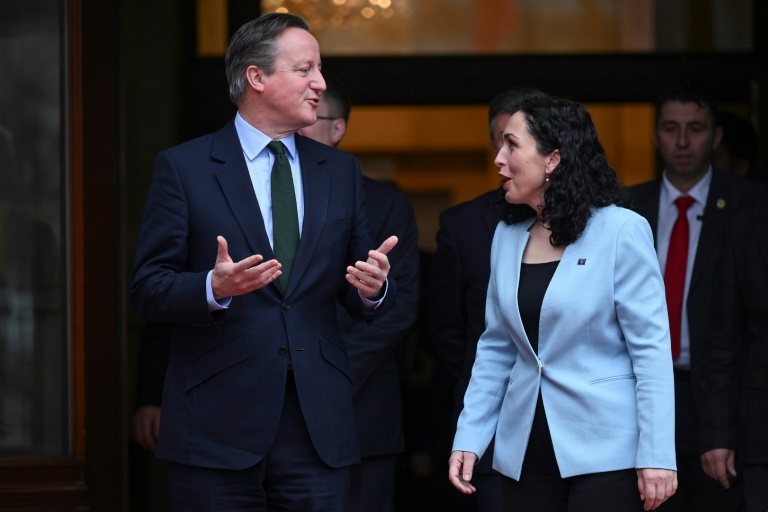Diversity, equity, and inclusion (DEI) are among the most popular topics in corporate boardrooms across the U.S. Given new life in 2020 amid the wake of numerous public incidents exposing ethnic and gender-based injustices in workplaces and communities, it continues to dominate discussions across culture in Corporate America and higher education.
Civil rights were the original impetus for DEI. This noble stand ushered the way for initiatives to increase company and employee diversity and lift morale, all while promoting the advancement of the underrepresented. This, however, also resulted in an explosion of consultants, firms, and practitioners transforming DEI into its very own multi-billion-dollar industry.
Yet, despite the expenditures and good intentions surrounding DEI, there is significant mounting evidence that the majority of these efforts have not been effective in achieving their stated goals.
According to Karith Foster, creator of Inversity™, the mainstream DEI industry has unfortunately given way to the very thing it is trying to abolish — exclusion, bullying, unshakable labels, and excessive stereotyping and pigeonholing. To the keen observer, this irony is easily detectable in the antiquated unconscious bias training which often falls flat, and, adding insult to injury, leaves nearly all attendees feeling violated and emotionally drained.
Foster believes that DEI has been hijacked from its original design, and it has now gone down the path of deception, delusion, and monumental distraction, eviscerating any chance of true unity and inclusion. The DEI movement, she says, has taken on the characteristics of a toxic religion or cult, where everything is black or white; up or down; right or wrong– creating extremists on both ends of the spectrum. The result of this extremism not only furthers the division and resentment but lowers morale. All of which defeats the goal of making each member of an organization feel included and comfortable enough to bring their whole selves to work.
“There is little to no room for in-between or compromise,” Foster says. “On one side are the ‘Elect’ (a term coined by John McWhorter, Ph.D.) and ‘zealots’ who loudly demand that everyone should be on board with all DEI efforts no matter how extreme or contrary to common sense. On the other side are the dissenters or ‘atheists’ who vehemently oppose anything under the umbrella of DEI and believe the entire conversation is a moot point. Regardless of what side or position one finds themselves on, it only further proves the point that for the majority of people, how DEI is currently being experienced isn’t bringing us together, but rather is furthering the divide.”
Foster believes that the underlying deception within the current practice of traditional DEI takes advantage of the hearts and minds of good and well-meaning people, which she thinks make up at least 90% of the population. These individuals wish to live in a fair and balanced world free of hate and bigotry. But they operate under the thinly veiled threat of cancellation should they not tow a certain narrative. Don’t let them question any DEI practice, no matter how absurd, or contrary, even for the sake of clarification. This “act of rebellion” will be quickly admonished and will inevitably reduce them to the label of antagonist. Those who dare to speak up are ostracized and automatically labeled as racist, sexist, homophobic, transphobic, antisemitic, and any other term allocated via the ‘if you’re not with us, you’re against us’ mentality.
Foster says, “Diversity is supposed to be about love, acknowledgment, and celebration of all that we are, but, sadly, it has taken a far-left turn and become about fear. Fear of others for certain. But, intriguingly, it’s now also about the fear of not being enough. This means one can fear falling short of the expectations of the social or ethnic group to which they’ve been assigned. Setting the stage for the DEI court’s judge, jury, and executioner to find one in violation of being a ‘true representative.’ You’re not black enough, gay enough, feminist enough, whatever enough. But wait, there’s more- fear also manifests in the form of not being enough of a good person or ally if their allegiance is marred or questioned.”
Another issue Foster identified with today’s DEI conundrum is the emphasis on perpetual victimhood, resulting in an unabashed distortion and manipulation of fears, motives, and emotions, all in the name of diversity. Foster is quick to acknowledge the fact that racism and sexism and all of the isms and other systemic issues still exist. However, if we are consistently promoting and expecting people to not only come from but constantly live in a state of victimhood, it is an egregious disservice to our fellow human beings. At best, perpetual victimization is keeping the status quo, at worst it’s thwarting people of their success; robbing people of their dignity and agency, and continuing to further the divide.
Perpetuating the issue is the way that many DEI programs are also focused solely on changing other people’s behavior, actions, biases, and habits. Foster believes that the focus should be on changing one’s own behavior, actions, biases, and habits. The result will be that others will be influenced and want to follow suit. She says, “Realistically we cannot change other people, we can only change ourselves.”
“Right now, we are experiencing a full-blown DEI crisis,” Foster says, “and what matters is what we do from this point forward and how we do it. This isn’t a zero-sum game. DEI is the baby that we cannot throw out with the bath water. So, we must relearn and reframe everything we’ve usurped from toxic diversity efforts.”
Foster’s Inversity™ methodology does just this by taking the opposite approach of traditional DEI and offering an empowering alternative. Instead of highlighting differences, which results in an infinite number of names, affinity groups, pronouns, genders, etc., Inversity™ focuses on people’s commonalities and what brings them together.
Instead of using fear, guilt, and regret to force people to change their behavior, Foster and Inversity™ seek to encourage behavioral change from within through conscious empathy and noble compassion. This approach uses self-motivation and positive psychology to plant the seeds of choice and cultivate the desire to believe (and behave) differently.
“We do not overwhelm and bombard people with lessons on unconscious bias or the ‘correct language’ to use. We emphasize the catalyst is to do the work on ourselves because the real shift comes from within.” Foster says. The multi-pronged goal of Inversity™ is firstly to broaden the definition of diversity to include diversity of thought and ideas; while still acknowledging and celebrating the things that make us unique. Secondly, to shift the focus from what it is that separates and divides us to what it is we have in common. And lastly, for introspection to take center stage. Foster stresses, “When people turn the lens inward and we can see ourselves for who we are – wonderful, magnificent beings that are part of something greater we reconnect to our value, worth, and connection to humanity. When this alchemy occurs, we cannot help but see the value, worth, and connection to humanity in others.”







